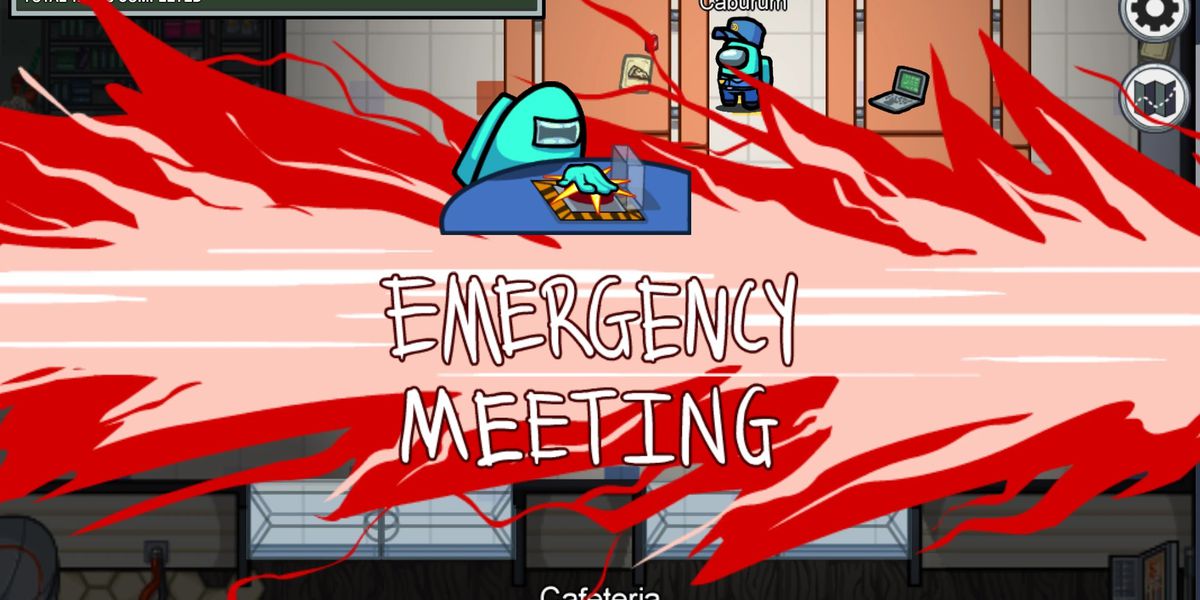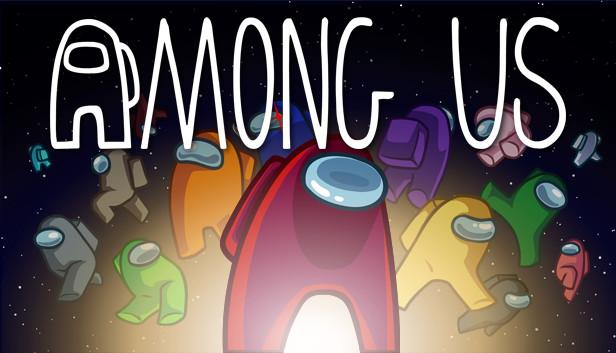Overview
For this critical play, I played the popular online multiplayer deception game Among Us. The game was developed by Innersloth and released in 2018, gaining international recognition throughout the past few years. Initially released on mobile devices (iOS and Android), Among Us has been fitted to play on PC and consoles including the Nintendo Switch and Xbox. Within the game, you play an astronaut who is either completing tasks or is an impostor. The normal astronauts (also known as crewmates) must finish all the tasks or find all the impostors before the impostors kill all the normal astronauts. Among Us is well suited for casual gamers since players can easily join matches and do not have to be too technically skilled at gaming. Anyone over the age of 12 will likely find the game enjoyable (though younger players have definitely found the game fun) since it has a nice blend of cartoon styling with murderous animations and the core gameplay revolves around deceiving and reading other people.
Formal Elements
To start a match, you need 4-10 players. Too few players and the impostor will nearly always win, too many players and it becomes too chaotic to communicate when discussing with other crewmates. As a regular crewmate, you are allowed to complete tasks (e.g. swipe ID card, analyze samples, eject trash, etc.), report dead bodies, call emergency meetings, discuss with other players, and vote to eject players. As an impostor, you are allowed to kill other players, “vent” from location to location, sabotage the ship, discuss with other players, and vote to eject players.

Every match begins with crewmates completing tasks and impostors either killing players or sabotaging the ship. Eventually, when a player calls an emergency meeting or finds a dead body, all players are brought the discuss who they think is an impostor. After discussing, players can either vote someone to eject from the ship or skip the vote. This process repeats until the crewmates finish all the tasks, the crewmates vote out the impostor(s), or the impostor(s) kill all the crewmates.
Players can interact with each other in interesting ways including forming alliances, betraying friends, and killing each other. Discussions during emergency meetings can become heated as players turn on each other or defend their allies. As with many deception games, players must use information from the players around them and trust in order to succeed in the game.
Strengths and Improvements
Among Us successfully derives fun from the fellowship and competition aesthetics. Players are forced to interact with others by developing alliances, finding enemies, answering questions, and deceiving others. By putting players in a crewmates versus impostors situation, an innate sense of fellowship forms between players you believe are on your own team and a sense of competition against those on the other team. The game enables many interactions with the environment (tasks, killing) that keep players engaged.
After a few rounds, it can become a bit mundane to continuously play as a crewmate completing tasks. There is a thrill that comes with being the impostor but not always as a crewmate. Tasks can probably be made more engaging. For example, some tasks involve two players pressing a button at the same time. This concept could be applied to create more complicated tasks (with 3+ crewmates). These tasks could be used to give the crewmates more power – perhaps completing the complicated task would put impostors at a disadvantage somehow (e.g. decrease vision).

Comparison
Among Us takes a fairly standard deception game formula but adds a new theme alongside more visual interactions between players and the environment as well between players and each other. Compared to games like Werewolf and Secret Hitler, “normal” players such as crewmates (or humans in Werewolf and liberals in Secret Hitler) are not able to interact as much with the environment and may become disengaged. By giving crewmates tasks, Among Us succeeds in keeping players engaged for longer. However, Among Us offers little opportunity for you to help your teammates since you are not able to protect or heal them like in Werewolf. This may contribute to a lack of camaraderie between players. Overall, Among Us seems better than many deception games since it is intuitive to play and players are kept consistently engaged. As a deception game, Among Us does not require players to become too personally vulnerable with other players, making it a great game to play with strangers or new friends.



